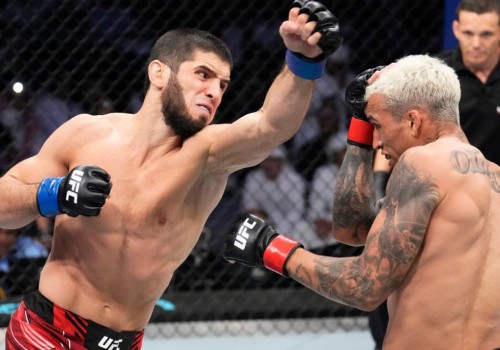Thrashed by New Zealand in their latest test – where next for Sri Lankan cricket?
Sri Lanka’s international cricketing woes continue – a hangover from a lacklustre ICC World Cup – or perhaps their problems run deeper with top class young players unable to develop in a secure environment? Elder statesman and passionately Sri Lankan cricketer Kumar Sangakkara expresses his views on the current status quo and the need to change for the future of the international game.
Despite winning the toss and deciding to bat at the P Sara Oval in favourable Colombo conditions, Sri Lanka were soundly beaten by a New Zealand side obviously in still in good form, by a colossal innings and 65 runs. This squared the two match series; the Black Caps having lost the first test in Galle the previous week.
Sri Lanka 244 all out & 122 all out – New Zealand 431 for 6 declared.
Sri Lanka, who scored a modest 244 in their first innings, a score based entirely around a capable 65 from skipper and opening bat Dimuth Karunaratne now aged 31, number 3 batsman 24 year old Kusal Mendes with 32 and a fine century (109) by Dhananjaya de Silva still young at 27. The remainder of the side were wiped out for three ducks and otherwise single or low double-digit scores.
Then New Zealand’s Tom Latham (154), wicketkeeper BJ Watling (103 not out) and Colin de Grandhomme (83) simply put Sri Lanka’s bowling attack to the sword. The Lions were still 187 behind as they started their second innings, and already staggering at 88 for seven by tea. Niroshan Dickwella, the only player to put up any resistance, but caught upon reaching his fifty.
Putting it bluntly, Sri Lanka have struggled in international cricket over the past few years. Their showing in the Cricket World Cup 2019 was well below-par only adding salt to ongoing wounds. Seeking a change of fortune, Sri Lanka Cricket suspended head coach Chandika Hathurusingha and appointed Rumesh Ratnayake as a temporary replacement for the New Zealand series. Although ending in a draw all the series has done is further expose the parlous state of the Sri Lankan game as a result of an appalling performance in the second match.
Former Lions’ captain Kumar Sangakkara, amassed 28, 016 runs across all formats in his 15-year career, and is concerned that young cricketers are not being provided with a sufficiently secure environment to allow them to flourish and reach their full potential.
“They just need to have less chaos around them, less noise around them. The best facilities to train in, the most secure environment within which to play, consistent selection policies, a much, much better, more refined, more competitive domestic structure, a huge amount of planning in terms of how the pathway of cricket development in Sri Lanka reflects the requirement of the international game and the international side,” he said in comments to sports media.
Sangakkara is an enormously cricket-wise human being, having played in four World Cups including the finals in 2007 and 2011. He remains convinced that there is more than enough youthful talent on the island.
“It is not for the lack of talent or the dearth of good cricketers. There are lots and some of them will go on to become great cricketers. How that message gets conveyed from the top all the way down to the grassroots and how in terms of fitness, in terms of mental skills, in terms of technique, in terms of individuality, [more importantly] what it is that is required to succeed at this stage.
“And then continuously concentrate on driving the players in that direction in a manner that takes care of their growth, not just as cricketers but also as people. It is something that needs a conscious effort, a big change in mindset in Sri Lanka, and an investment of money and time to give it the years it needs to rebuild a strong, world-beating team. I hope it is done quickly,” Sangakkara urged.
“It is a big responsibility, and when you understand that, it requires a certain amount of risk-taking in terms of concept, in terms of change, in terms of getting the right people in to do the right jobs, it becomes easier to understand why you need to change. That effort has to be taken now. You can’t do the same old things and expect different results,” he concluded.
Sometime ago, Sakkara in conjunction with former captains Mahela Jayawardene and Aravinda de Silva, were part of a task force that devised a route-map to the revival of Sri Lankan cricket, but their recommendations have resulted in very little action over the past 10 years.
The consensus among former Sri Lanka galácticos of the game is that it is the lack of structure that is proving a barrier to the development of ‘special players’ into superstars. Substantial changes are required, the fans are disgruntled and young players frustrated in their ambition. It also requires a certain degree of political will to change, a real devolution of power within the present framework and the clubs themselves to vote for changes that will be beneficial to the game.
Sakkara and his colleagues believe that this latest test defeat has defined 2019 as the pivotal point at which everybody involved in the administration and legislation of the sport should be prepared to take a humble, realistic and above all honest approach toward a system-change in the interests of restoring the pride to Sri Lankan cricket.




